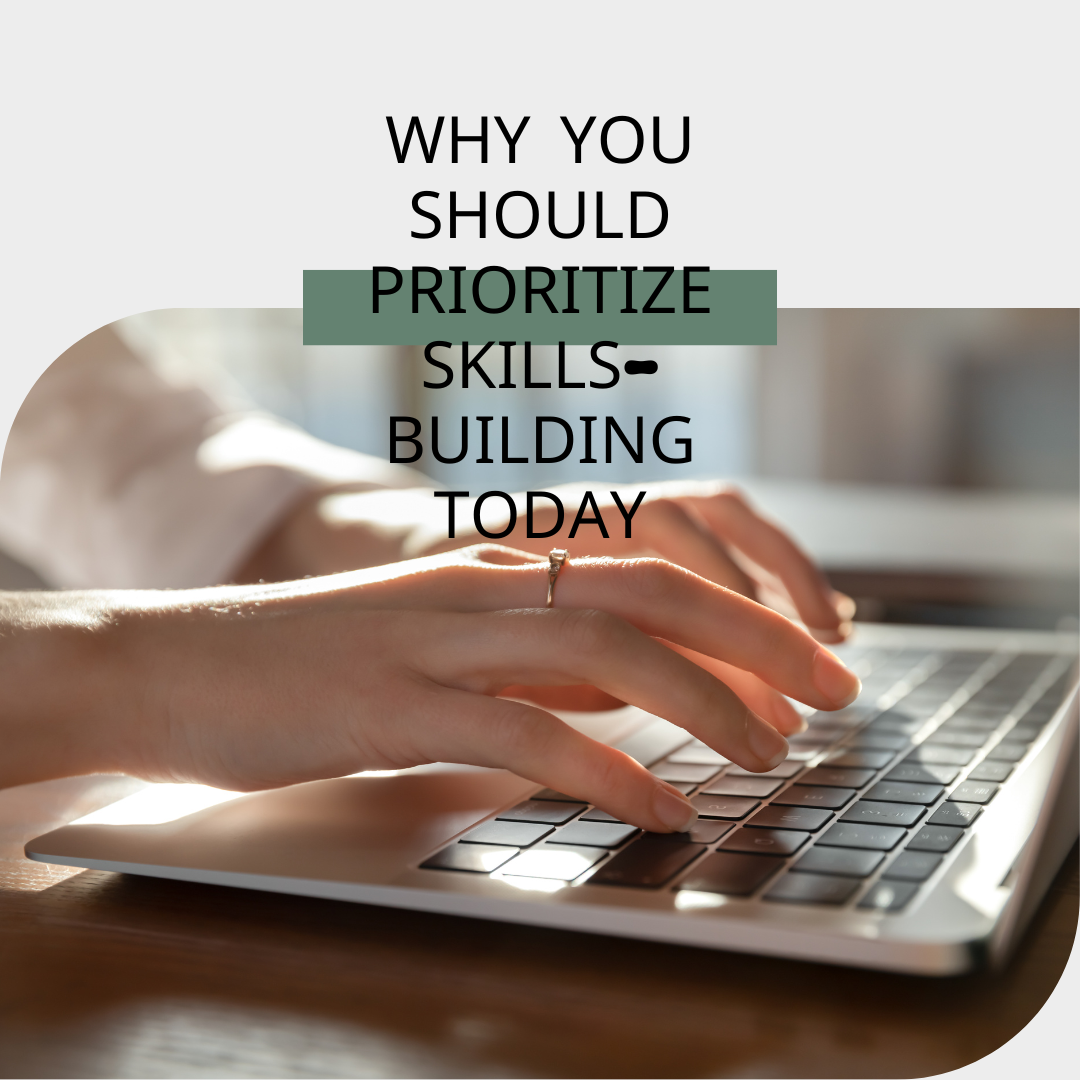Explore why skill-building is essential for young people in today’s competitive job market. Learn how developing in-demand skills like digital literacy, critical thinking, and problem-solving can boost employability, lead to financial independence, and empower youth to drive positive change in their communities.
In many communities across Nigeria and entire sub-Saharan Africa, young people are increasingly getting frustrated from lack of livelihood, creating more problems that we already have in our hands. We must create new strategies that will lift more young people out of poverty and into the workforce. Skilling and reskilling are the new order. You see, the future of jobs (and even that of today) belongs to the skilled.
As the world keeps changing, skills building has become more than just an advantage; it’s an absolute necessity for young people and an opportunity to live a dignified life. The world of work has change, and is still changing, and so are the skills required to thrive in the environment. According to the World Economic Forum, nearly half of all employees will need reskilling by 2025 as automation and new technologies reshape industries. Yet, the skills gap is still a major barrier – particularly for young people in Sub-Saharan Africa where more than 12 million young people enter the workforce each year, but only 3 million jobs are created. This makes for stiff competition. The gap often leaves young people in a cycle of underemployment and unemployment, unable to meet the demands of an evolving job market.
Building in-demand skills – from digital literacy to, coding, critical thinking, problem-solving – will not only enhance employability but also prepare young people to be resilient, adaptable, and innovative contributors to society. Learning new skills, creates more opportunities for young people to secure meaningful jobs, create self-employment opportunities, and help close the skills gap that fuels unemployment.
Learning a skill is crucial for young people to stage in an advantaged position, especially in today’s evolving and competitive world of work. Here are a few key things that happen when you build skills:
Employability and Economic Opportunity: Acquiring a practical skill can help young people become more competitive in the job market. Employers often seek candidates who possess specialized, rather than general abilities that add immediate value. Moreso, skilled individuals often have more job options, leading to better income and career stability.
Financial Independence: Skills may empower young people to pursue self-employment or start their own businesses. For example, with skills in digital marketing, coding, graphic design, or photography, they can freelance or launch a startup, providing pathways to financial independence.
Adaptability to Change: The job market is constantly evolving due to technological advancements and economic shifts. Developing a diverse skill set allows young people to adapt to changing demands, making them more resilient in the face of economic uncertainty.
Personal Growth and Confidence: Learning new skills is not only about employability; it also boosts self-esteem and builds resilience. Mastering something new skills give young people a sense of achievement, which translates into increased confidence.
Contribution to Society: Whatever we do, we must always seek to make the world better. Skilled individuals are in a better position to give back to their communities, whether by sharing knowledge, providing services, or innovating solutions that address local problems. For instance, skills in areas like agriculture, healthcare, or renewable energy can enable young people to tackle pressing community issues.
Improved Critical Thinking and Problem-Solving: Developing skills, especially in technical or hands-on fields, enhances critical thinking and problem-solving abilities. Skills training often involves practical applications, which teach young people how to approach challenges creatively and effectively.
In summary, the future belongs to those who have prepared for it with the right skills. For young people, investing in skill-building today isn’t just about landing a job – it’s about securing a future of independence, resilience, and opportunity. As communities and economies transform at a rapid pace, it’s essential for youth to rise to the challenge and unleash their potential. By developing in-demand skills, young people can break free from the cycles of poverty and unemployment, create lasting value in their communities, and lead lives of purpose and dignity. Together, we can forge a generation that is not only employable but also empowered to drive change.

Leave a Reply